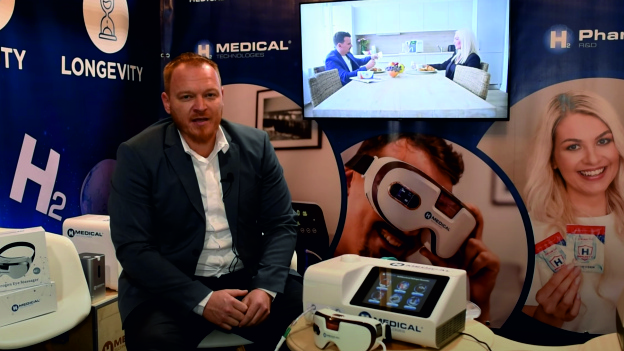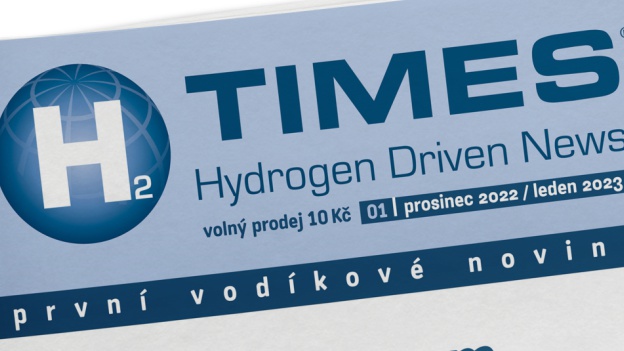Molecular hydrogen is becoming a major player in the world of medicine due to its unique properties. Its ability to act as a powerful antioxidant and modulator of cellular processes opens up new possibilities for the treatment of many serious diseases. This article focuses on the latest research and clinical studies that confirm the therapeutic potential of molecular hydrogen.
Cardiovascular diseases
Norwegian researchers from the University of Oslo have investigated whether administering hydrogen will help patients with cardiovascular problems. They found that inhaling molecular hydrogen significantly reduces oxidative stress and inflammation, which are major contributing factors to the development of cardiovascular disease. The results of the study showed improved blood vessel function and a reduced risk of cardiac events (MDPI) (BioMed Central).
Respiratory disease
A study conducted at the University of Tokyo in China examined the effects of inhaling molecular hydrogen in patients with chronic obstructive pulmonary disease (COPD). Patients inhaled a mixture of hydrogen and oxygen for 30 minutes daily for six weeks. The results showed an improvement in lung function and a reduction in inflammatory markers, leading to an improvement in the patients' quality of life (Oxford Academic) (Examine.com).
Neurological disorders
Researchers at Harvard Medical School in the US have investigated the effect of molecular hydrogen on patients with Parkinson's disease. The patients took hydrogen-enriched water for three months. The study showed an improvement in motor function and a reduction in oxidative stress in the brain, suggesting that molecular hydrogen may be effective in slowing the progression of neurodegenerative diseases (MDPI) (MDPI).

Metabolic diseases
A study conducted at Kyoto University in Japan investigated the effects of hydrogen-enriched water in patients with metabolic syndrome. Participants drank 750 ml of hydrogen water daily for 24 weeks. The results showed an improvement in lipid profile, a reduction in blood glucose levels and a decrease in biomarkers of oxidative stress (Examine.com).
Cancer treatment
A clinical trial in China examined the effects of molecular hydrogen inhalation in patients with advanced lung cancer. Patients inhaled hydrogen for 4 to 6 hours a day for five months. The results showed an alleviation of respiratory symptoms and an increase in survival time without disease progression. Another study found that patients who drank hydrogen water during radiation therapy had fewer side effects and improved their biomarkers of oxidative stress (Examine.com).
Postcovid
There are several important studies underway in the country that are looking at the use of molecular hydrogen in medicine. Associate professor Michal Botek from the Department of Physical Culture at Palacký University in Olomouc and his team are investigating not only the effect of hydrogen on athletic performance, but also on patients with postcovid syndrome. A study conducted on nearly 80 patients who underwent Covid-19 showed that two weeks of hydrogen inhalation significantly improved physical fitness and reduced fatigue compared to placebo. This research is one of the first in the world to show that molecular hydrogen can speed recovery from Covid-19 and other respiratory diseases (Journal Online/UP News) (CVT UPOL).

The future of molecular hydrogen in medicine
With increasing scientific evidence, molecular hydrogen is becoming a promising therapeutic tool. Its ability to selectively neutralize harmful free radicals and modulate inflammatory processes makes it a versatile tool for the treatment of many different diseases. Further research and clinical studies are necessary to fully understand and exploit its potential in medical practice.
For more information on molecular hydrogen research and its applications, visit MDPI and Medical Gas Research.






























